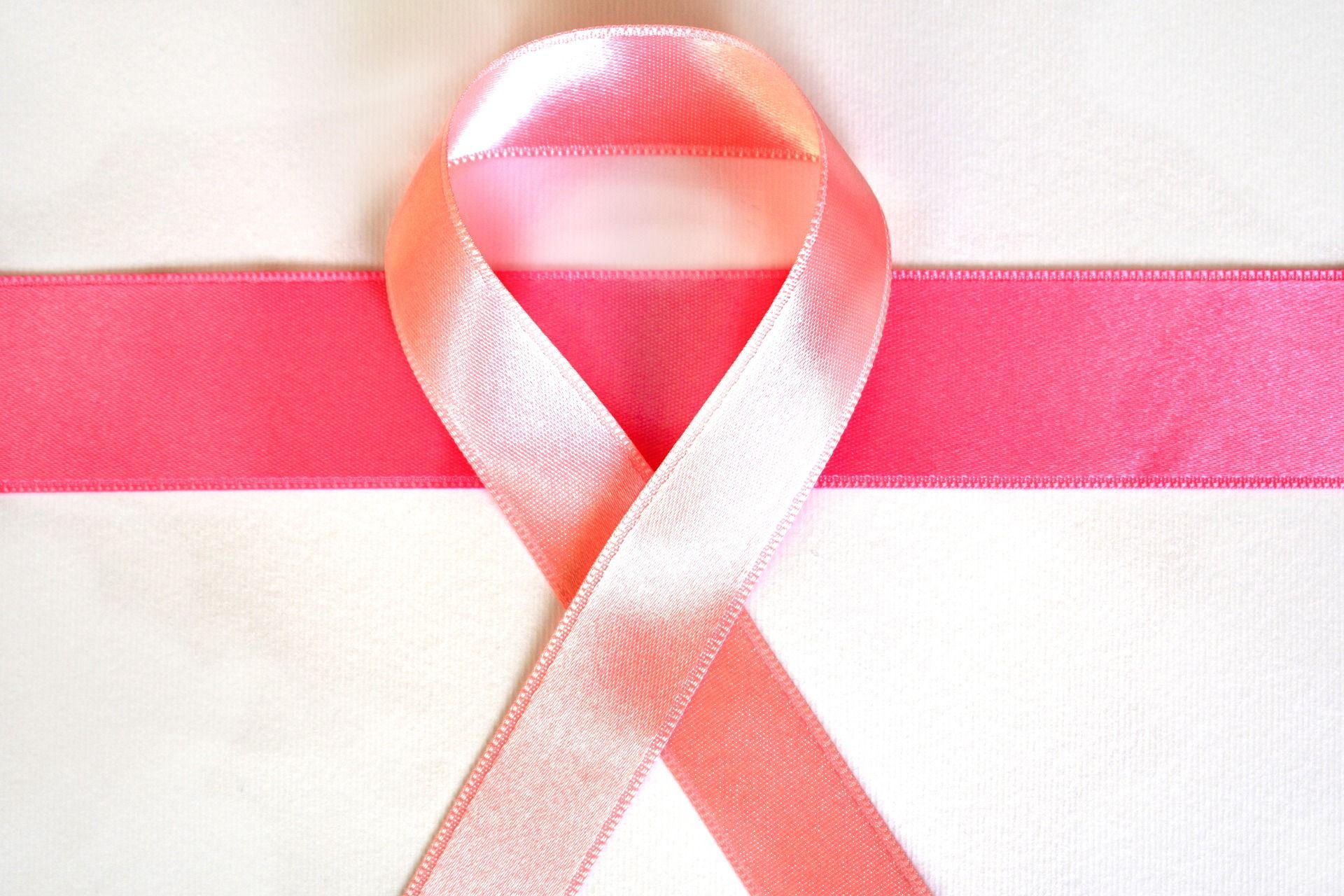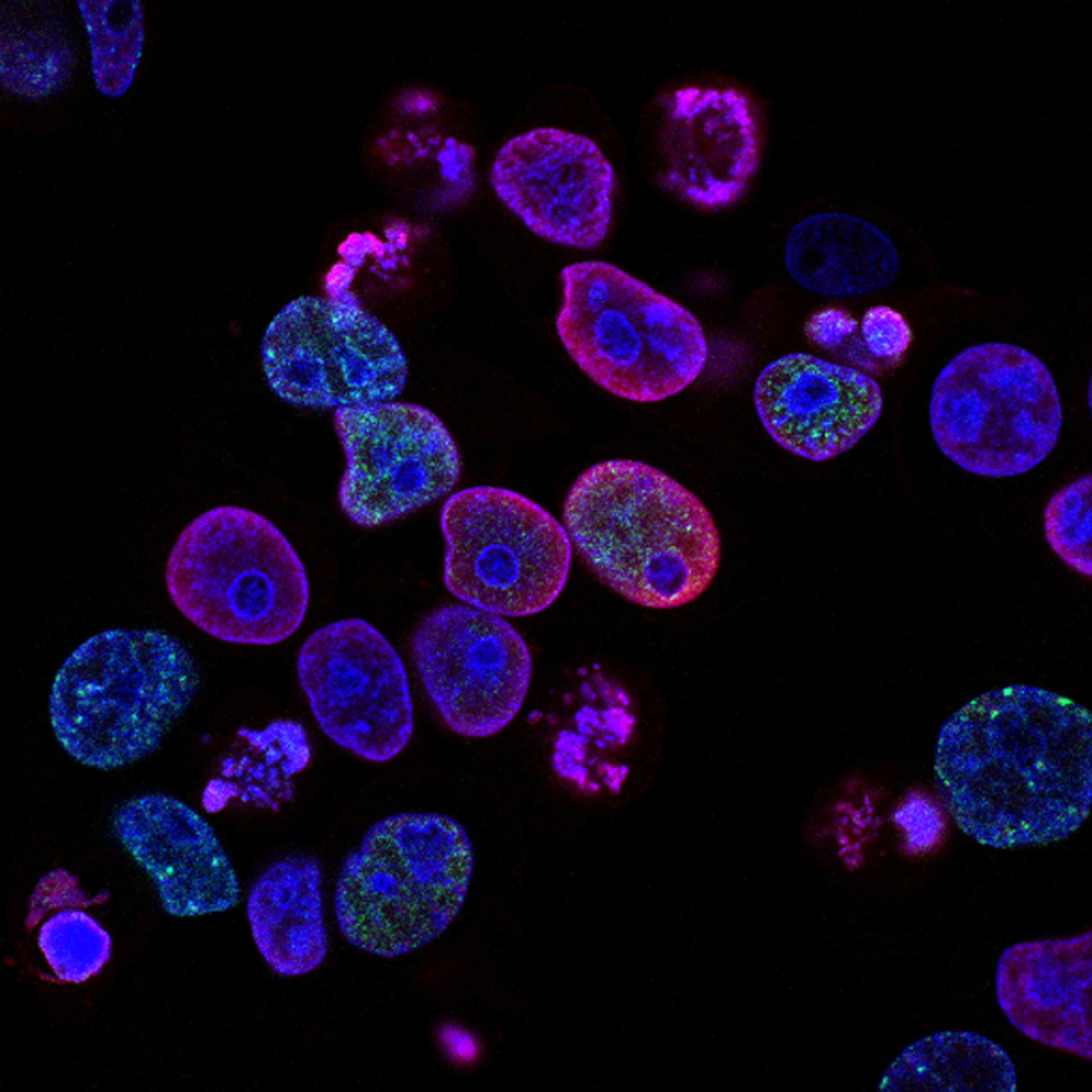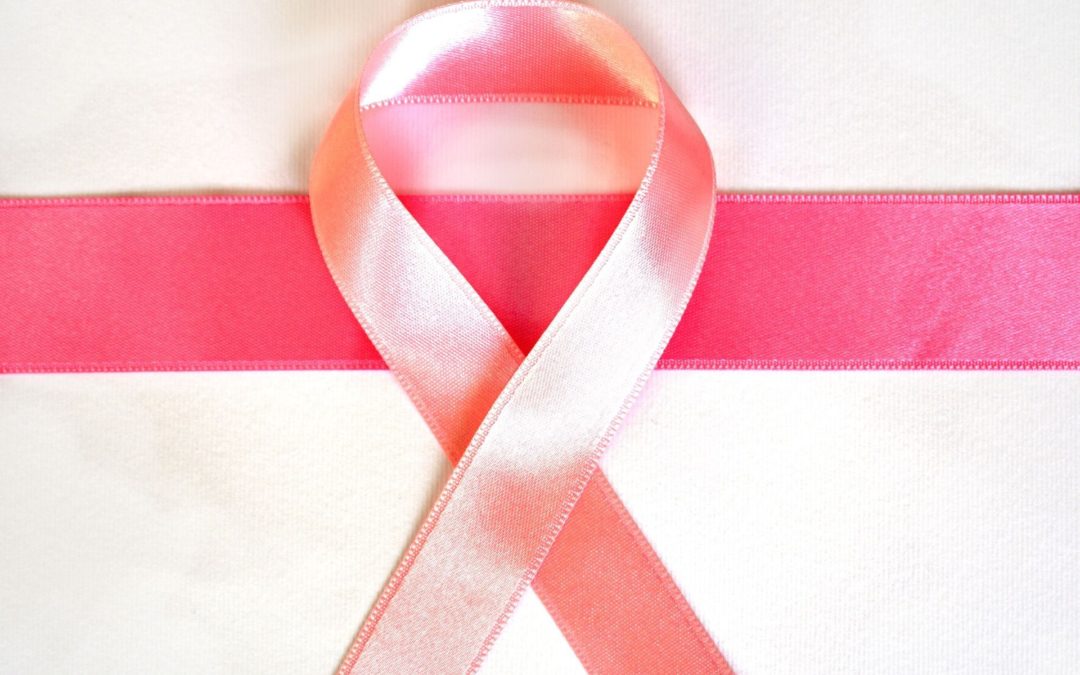
Every year, 9,000 women in Sweden are diagnosed with breast cancer. The odds of being cured of breast cancer have improved in recent decades, and now eight out of ten sufferers survive. But there are still difficult-to-treat forms of breast cancer where mortality is high.
One such form is ER-negative breast cancer. Here, the tumor lacks estrogen receptors (ERs) on the cell surface. Those receptors are necessary to be able to treat the condition with drugs.
"There is a great need to identify new molecular mechanisms that regulate the growth of ER-negative breast cancer, as these mechanisms may constitute new therapeutic targets", says Per Uhlén, professor at Karolinska Institutet, in a press release.
Per Uhlén leads a research group that has now succeeded in identifying a new protection mechanism for ER-negative breast cancer. The discovery is based on the fact that the common protein GIT1 regulates the so-called Notch signaling in breast cancer cells.
When the researchers studied tumor cells from patients, it was found that high levels of GIT1 inhibited Notch signaling and protected against tumor growth. Low levels of GIT1, on the other hand, increased tumor growth. High levels of GIT1 in ER-negative breast tumors also gave patients a better chance of surviving the cancer.
"Our results provide important information about a mechanism that controls the initiation and growth of breast tumors. We hope that these results will contribute to the development of new therapies for patients with difficult-to-treat breast cancer", says Per Uhlén.







